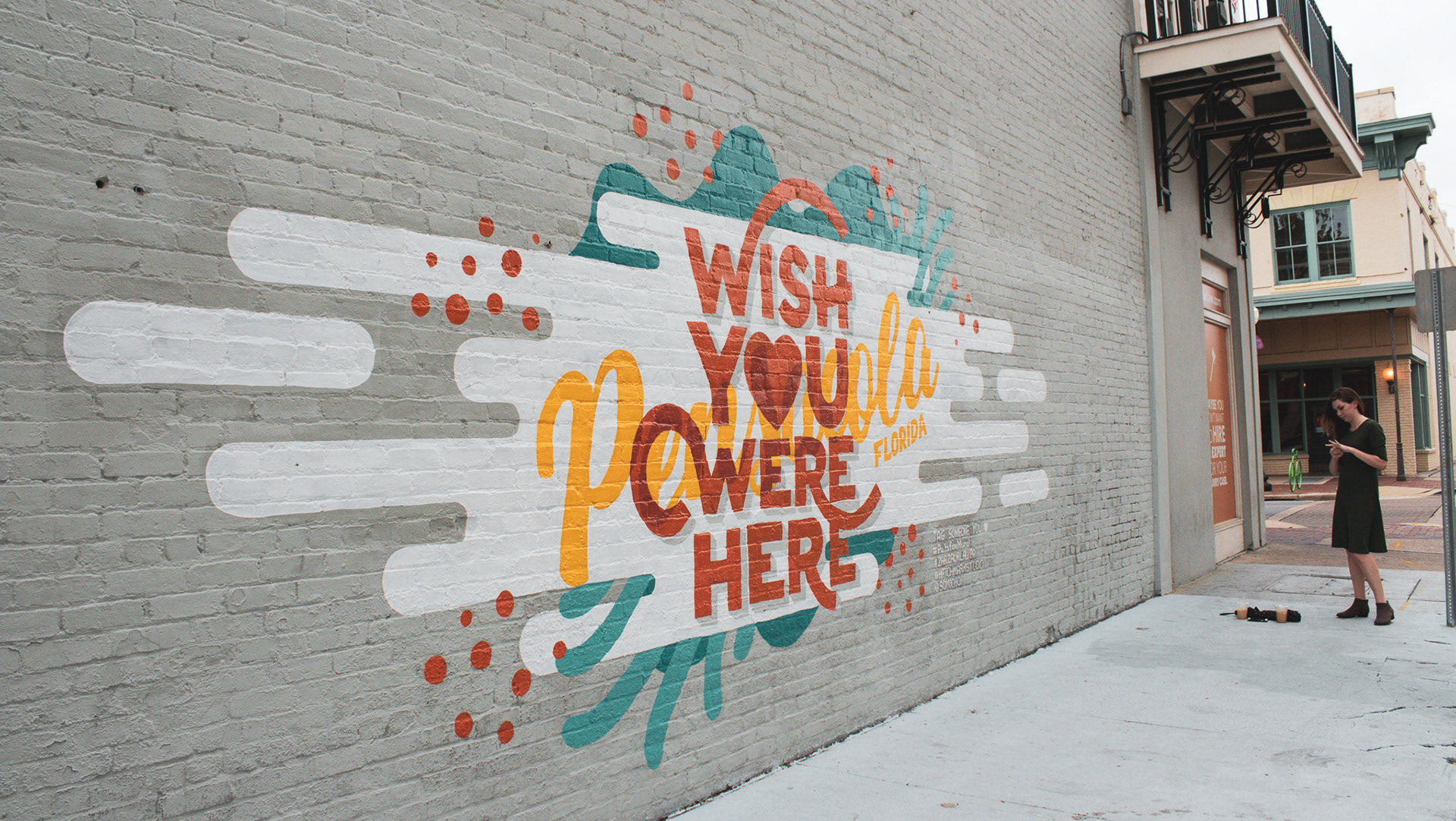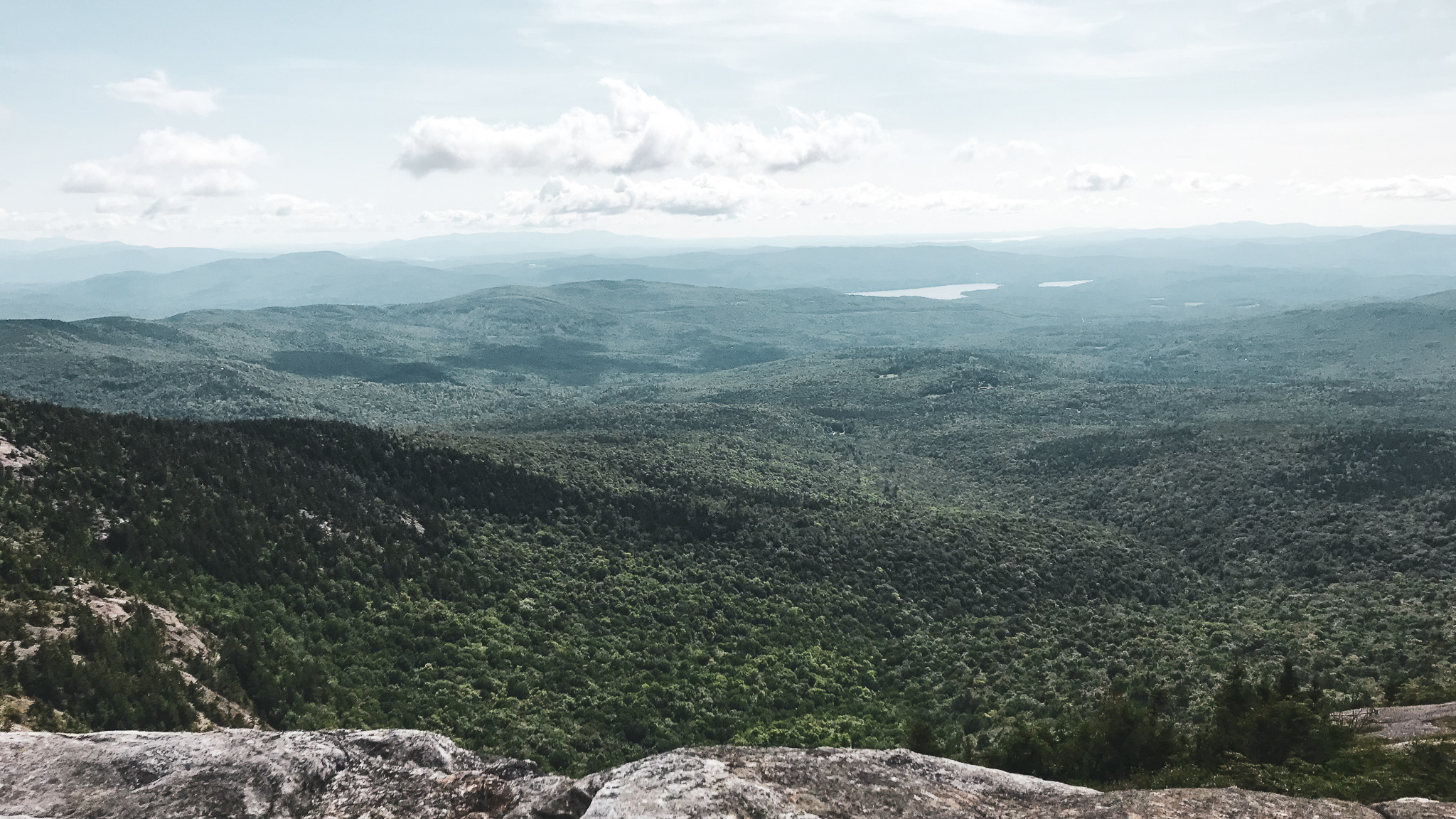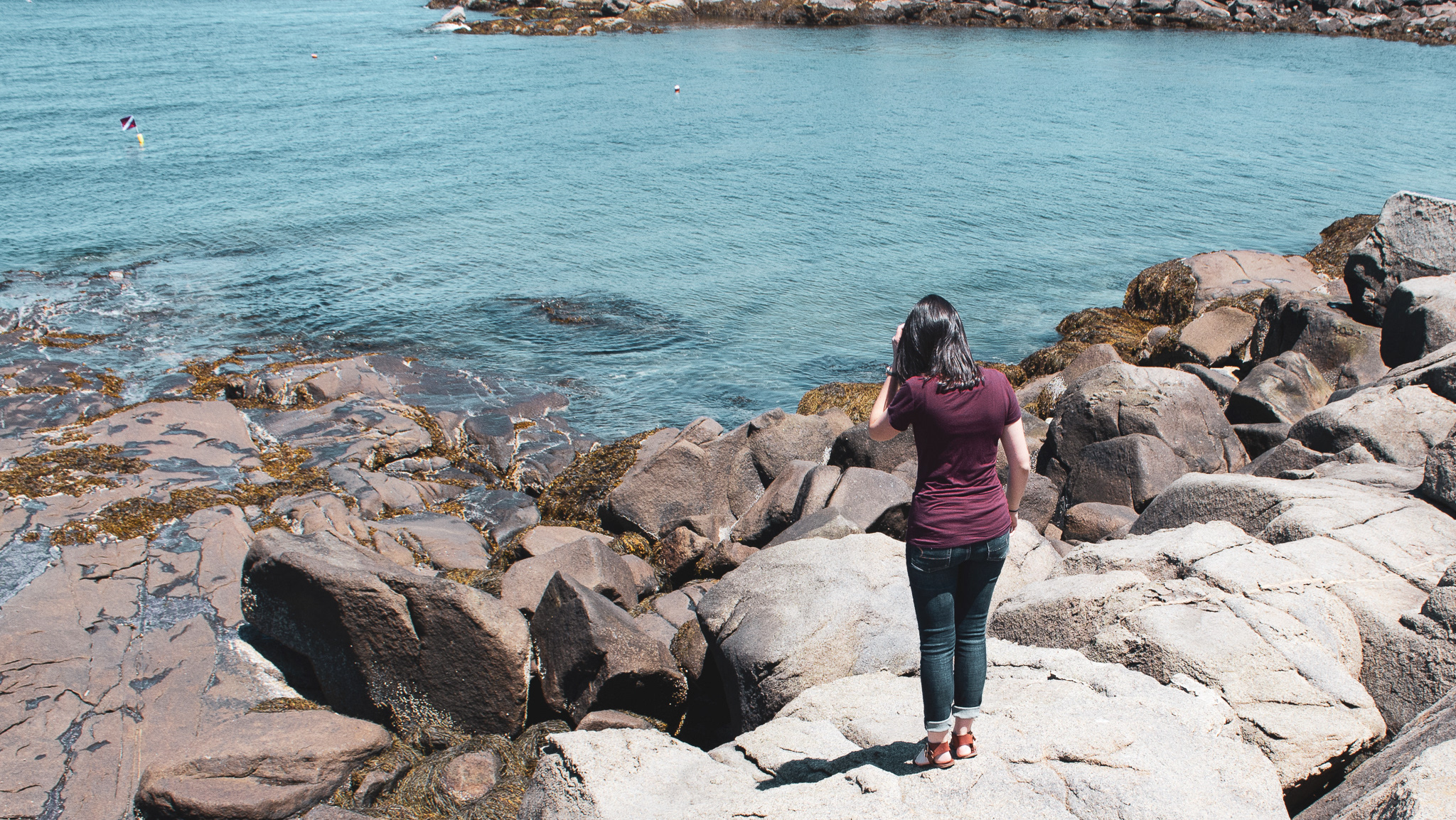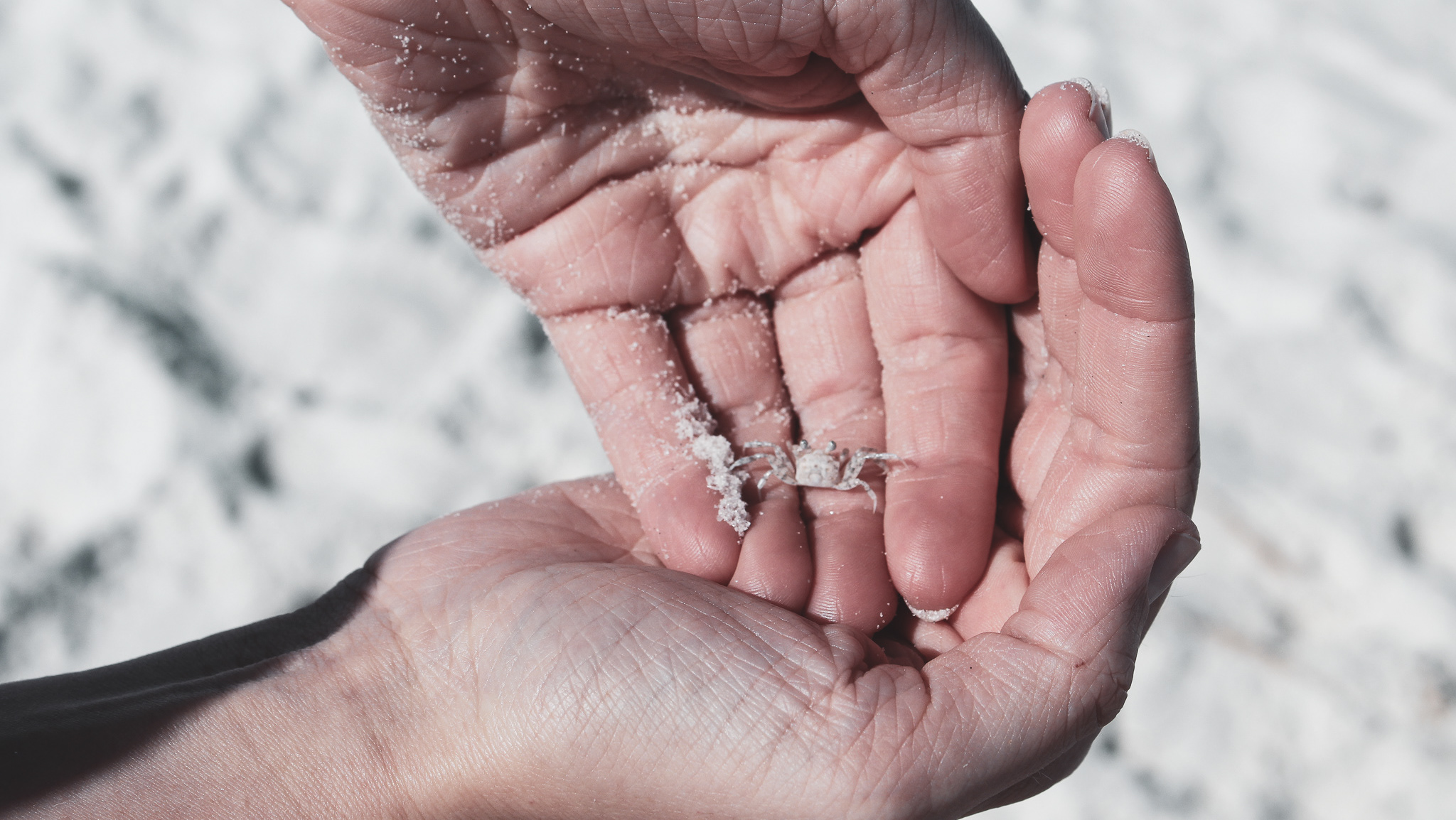Introduction: Below is an Op-Ed that I wrote for my Creative Nonfiction Class. This piece is an opinionated piece arguing against banning straws.
Today, I got a plastic straw from Starbucks. I know, I’m as appalled as you are. Starbucks has chosen to endanger the life of a sea turtle by giving me a straw, and now they unfortunately have included me in their murder streak.
Now, the statement above sounds a little extreme, doesn’t it? Rest assured, I don’t actually think that way nor do many people. However, this gives you an idea of the stereotype of environmentalists today. With California and Seattle removing plastic straws from their restaurants, many people—as well as myself—are asking if this is actually doing anything to improve the amount of waste we’re using? Banning such a small piece of plastic, in a world that runs on using single-use plastic boxes and bags, is not going to reduce waste.
The question is then “why are plastic straws being banned?” Because a nine-year old boy stopped using straws to be more environmentally conscious. When Milo Cress, a nine-year-old at the time, decided he wanted to reduce waste by using fewer straws, environmentalists got on the bandwagon. They claimed that it was a way for people to be thinking about the influence they were having on the planet. All over the country, local governments are trying to follow in the footsteps of California and Seattle and ban straws.
Although I agree that we should be mindful of our planet, forcing people to stop using plastic straws through a law is not the way to go. Straws are an innovative tool used for children, the elderly, and those with disabilities. If you make a law saying they can’t use them anymore, you’ve removed one of their most helpful tools.
The solution for removing such an innovative tool? Just carry around a reusable one. First, these metal reusable straws cost about twenty-five dollars. Not only that, but this idea fails to take into consideration that the demographic described above really can’t carry them around. Those with degenerative muscle disorders can’t even pick up their cup at Starbucks, how can they whip out a metal straw? What about an elderly man or a child who forgets even the basic daily tasks—how can they be trusted to carry a straw wherever they go?
According to Alice Wong, a disability rights activist, plastic straws are a step forward. Wong writes, “Two items I always ask with my drinks are a lid and a plastic straw, emphasis on plastic. Lids prevent spillage when I’m navigating bumpy sidewalks and curb cuts; straws are necessary because I do not have the hand and arm strength to lift a drink and tip it into my mouth. Plastic straws are the best when I drink hot liquids.” Single use plastic straws are a step forward for people with disabilities; taking them away would be like taking two steps back.
Starbucks has tried to solve the no straw problem by redesigning their cups to use both hot and cold drinks without straws. But a few things make that problematic. First, it doesn’t work for people with disabilities who can’t lift the cups, and second, they’ve used more plastic than before. According to K5 News Seattle’s local news site, this new lid uses more plastic than the old straw and lid combination in an effort to make things more durable—a bit counter intuitive.
Restaurants and coffee shops have tried using paper straws to conform to the no-straw trend. However, unless they are extremely well made, paper straws disintegrate in your mouth.
Now, environmentalists have said that they know that banning plastic straws isn’t enough to get rid of the waste problem. However, they believe that this is a good way to get people to be thinking about the planet and how we should be treating it. Though this is an interesting approach, it’s not the way to go about bringing environmental awareness.
You can’t force people through laws to be environmentally conscious. People need to be taught to be caretakers in their day-to-day habits.
Today we tell people that the planet is dying, so we must do all we can to keep it alive. Instead, we should be telling people that our planet is healthy and we need to keep it that way, for the future generations. Instead of trying to force people by law to be good stewards of the earth, let’s teach them how and encourage them. Instead of saying we’re not doing enough, let’s highlight the good work that people have already done. Inspiration is a better motivator than fear.
Here’s a final thought: let’s keep the planet clean, not because a law is forcing us to, but because it’s the right thing to do.








